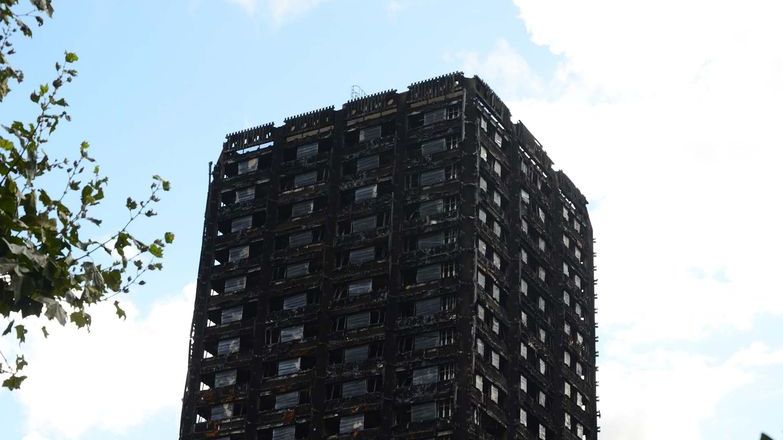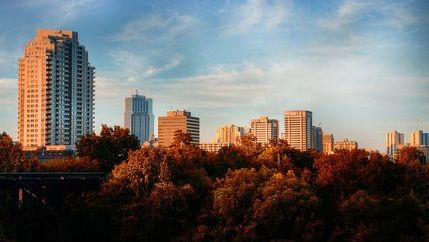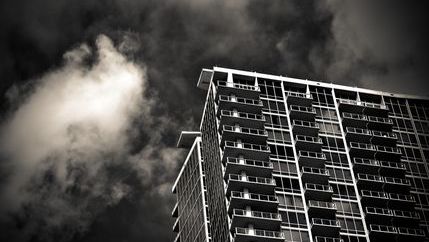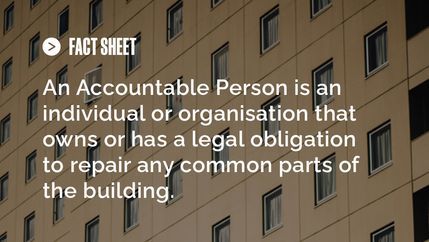
Thankfully, all occupants were safely evacuated, but the Fire Brigades Union (FBU) stated that the incident exposed the national scandal of flammable cladding and deregulation in the building industry.
The Public Inquiry into the fire at Grenfell Tower on the night of 14 June 2017 has been examining the circumstances leading up to and surrounding the fire and a final report will be published on Wednesday 4 September 2024.
Progress since the Building Safety Act
In 2022, the UK Government introduced the Building Safety Act, making sure most leasehold owners of flats were protected from the costs of dangerous cladding. A scheme was introduced forcing developers and social landlords to take steps to replace unsafe cladding, or risk facing being banned from building residential properties in England.
According to official figures published in July 2024, of the identified buildings with unsafe cladding 29% have completed remediation, and work has started on a further 21%.
That leaves 50% - 2,312 residential buildings - where remediation work has not yet begun.
Increasing costs trap leaseholders
Propertymark wrote to the then Housing Minister Lee Rowley, MP, in May 2024 to highlight a growing trend for insurers to decline or charge more for cover on properties that have been remediated within the funding limits provided by the UK Government, piling more costs on hard-pressed leaseholders.
Propertymark has briefed UK Government officials on this issue, and they have stated that insurers should not be raising premiums, however, this has so far been ignored by the insurance industry.
We are deeply concerned that if this trend continues, owning a home in a high-rise building will become prohibitively expensive and remediation works will be delayed as management companies seek financially realistic options.
We have and will continue to urge the UK Government to explore ways of ensuring providers are prevented from issuing significantly increased premiums so leaseholders can be properly protected.
High-rise responsibilities for agents
As part of the regime for higher-risk buildings in England property managers who are accountable for individual buildings must create safety case reports (SCRs) and submit them to the Building Safety Regulator (BSR).
SCRs are documents that identify building safety risks – specifically the spread of fire and structural failure – and explain how they are being managed. For some buildings, creating the SCR is challenging and requires investigations or assessments to be carried out.
Propertymark support for members
To help sales and letting agents navigate the complexities of the regulations released under the Building Safety Act 2022, Propertymark created a series of fact sheets to explain the rules and how they impact home buyers and sellers, and landlords and tenants.
The BSR has produced guidance on preparing a safety case report, and they can be contacted for further advice via GOV.UK.







